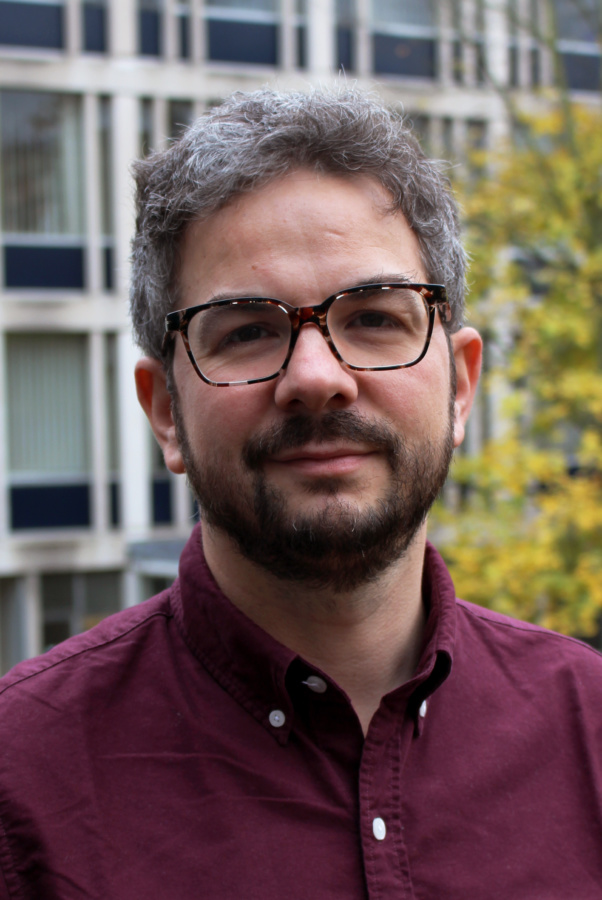A new study will chart shifting population patterns in Europe and the United States over the past 200 years using big data including online genealogy information, historical micro-census data and genetic information. The project is being led by Dr Nicola Barban, from the Institute for Social and Economic Research at the University of Essex, thanks to a €2m ERC Consolidator grant.
This is the first comprehensive study that combines historical and contemporaneous data to understand how population processes evolve. The project will focus on the historical period from approximately 1800 until now in Europe and United States, a period of dramatic demographic and epidemiological changes that radically transformed our societies.

Dr Barban, is Co-Director of the ESRC Research Centre on Micro-Social Change (MiSoC). He said: “This transdisciplinary project will overturn established links and deliver major breakthroughs in our understanding of demographic change. This project is not only ground breaking by setting a new research agenda, but due to the inclusion of genealogy data and their linkage with micro-census data, will yield major innovations in social sciences.”
Dr Barban’s award is one of more than 300 awarded to top scientists and scholars from across Europe by the European Research Council through the latest Consolidator Grant competition. Funding for these researchers, part of the Horizon 2020 research and innovation programme, is worth in total €600 million. With this support, the new grantees will have a chance to build up their teams and have far-reaching impact.
Find out more at: www.essex.ac.uk/news/2019/12/10/iser-wins-two-million-euro-grant-for-ground-breaking-population-research
Project: Genes, genealogies and the evolution of demographic change and social inequality
Host Institution: Institute for Social and Economic Research, University of Essex
You can watch him discuss the project on YouTube.










